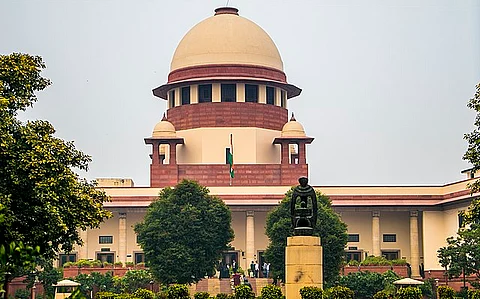In the last 14 months, over 18 cases of suicides due to caste discrimination have been reported in higher educational institutions, especially in IITs and IIMs. The Supreme Court expressed regret regarding the “extremely unfortunate” incidents and emphasized the need for a strong system to address these issues. Justice Surya Kant and N. Kotiswar Singh stated that the University Grants Commission (UGC) must be given sufficient “teeth” to enforce harsh punishment in such cases.
Rohith Vemula was a PhD scholar at a Hyderabad university who allegedly faced caste discrimination and died by suicide in 2016. In 2019, Payal Tadvi, a medical student at Mumbai’s TN Topiwala National Medical College, allegedly faced discrimination because of her caste and also died by suicide. The news of their tragic deaths made national headlines and sparked protests, but over time their stories were overshadowed by other violent and abusive news reports.
The petitioners (the mothers of Rohith Vemula and Payal Tadvi) were assured by the Supreme Court that a robust mechanism will be developed to tackle the issue of caste discrimination and suicides and that this matter will be taken to a logical end.
Senior advocate Indira Jaising, representing the mothers of Rohith Vemula and Payal Tadvi, said that universities and colleges are yet to submit the complete data regarding the deaths by suicides that occurred on their campuses. About 40% of the universities and more than double that percentage of colleges have not yet developed systems that address issues of inequalities such as caste and gender among students, she added.


